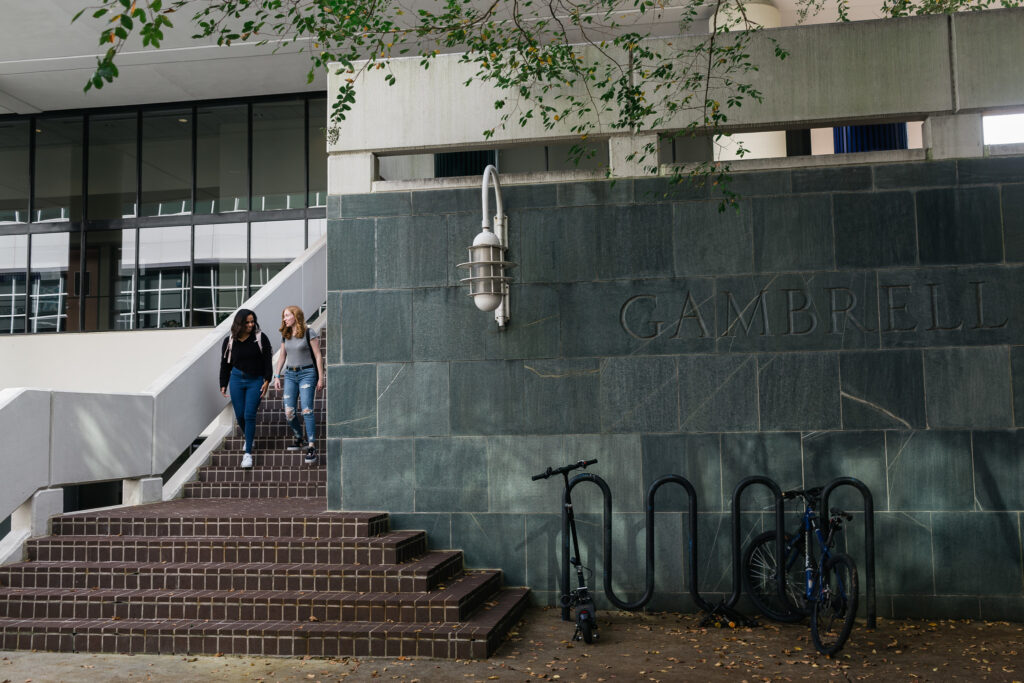
Location: Atlanta, Georgia
Founded: 1916
Joined AALS: 1920
Dean: Mary Anne Bobinski
A private legal institution established in 1916 and an AALS Member School since 1920, Emory University School of Law is a national and global leader in legal education that welcomes and supports a diverse law school community of 236 first-year JD students and a robust faculty who produce path-breaking and influential scholarship. Emory Law offers exceptional teaching and practical learning opportunities that enable their alums to become respected professionals and leaders in a rapidly changing world. Emory Law’s innovative strategic plan seeks to fuel the ambitions and success of the students, staff, and faculty drawn to join the Emory Law community.
“This is the most highly credentialled class that we have admitted in at least a decade,” said Dean Mary Anne Bobinski, noting that the median class LSAT score has increased three points (to 168) in the past four years. “Emory Law’s reputation among academics, lawyers, and judges no doubt rests in part on the strength of our student body, as well as the quality of our faculty and the accomplishments of our alumni.”
Emory Law works to secure a more fair and just society by advancing the rule of law through their different concentrations. Emory Law has added three curricular concentrations for the juris doctor degree: civil litigation and dispute resolution, criminal litigation, and law and religion. These are in addition to the health law concentration and the Transactional Law and Skills certificate.

Gambrell Hall, built in 1972, comprised Emory’s School of Law and the MacMillan Law Library
Professor Nicole Morris is the inaugural director of the Innovation and Legal Tech Initiative. Professor Morris leads Emory Law’s efforts to address the implications of advances in legal tech for faculty and students preparing for the future of legal practice in the JD program. Professor Morris will work with the administration to ensure that Emory Law students and graduates are ready for changes in legal practice associated with technological advances. She also leads TI:GER® – Technological Innovation Generating Economic Results. The AI Humanity Initiative brings together the full intellectual power of Emory University to shape the AI revolution to better human health, generate economic value, and promote social justice. By hiring and nourishing a community of scholars, creating new educational opportunities, and pursuing the ethical use of AI, Emory will lead the way in realizing the potential of these revolutionary technologies to improve the human condition and advance our world.

Please click here if you are interested in viewing the past member highlights.